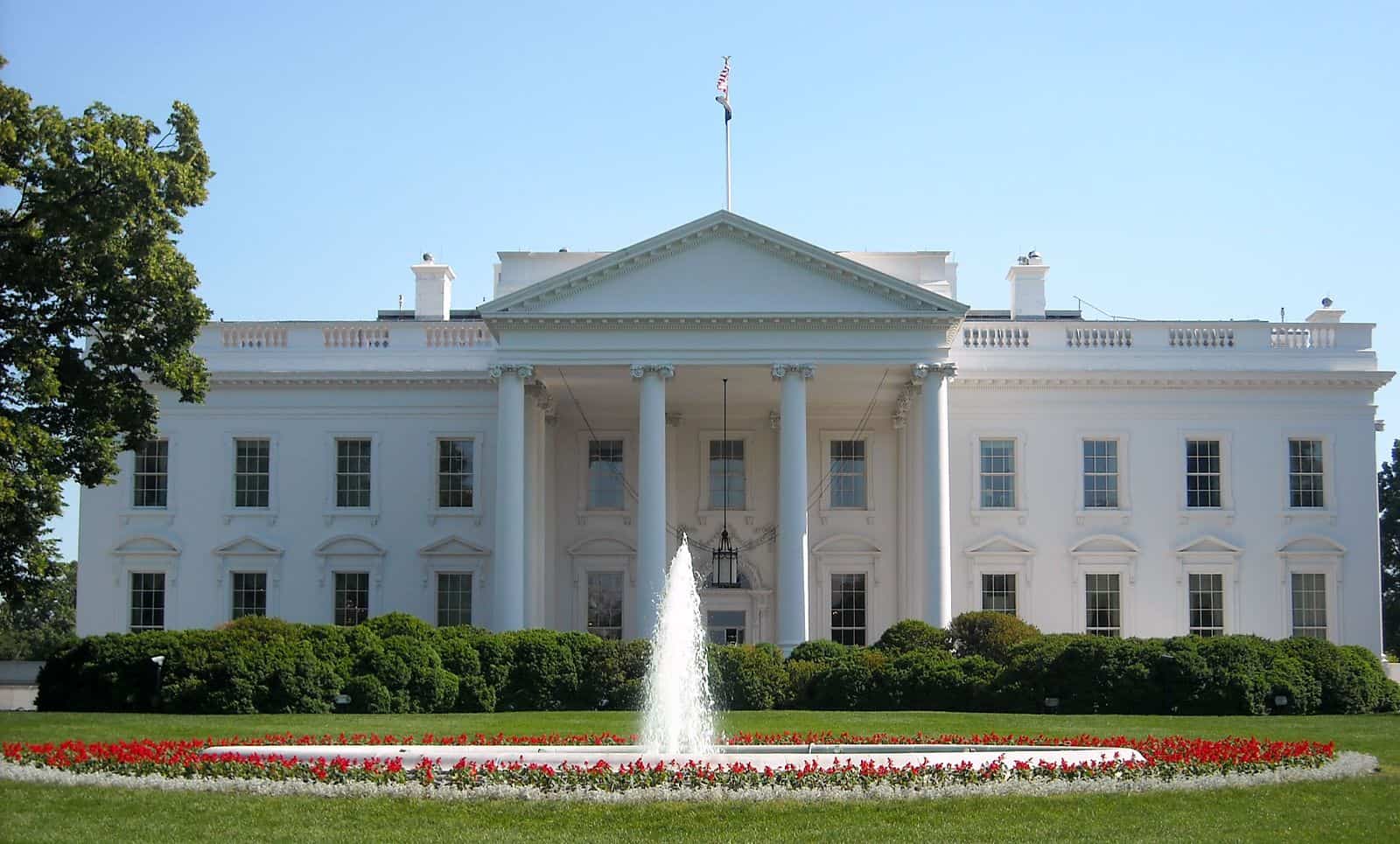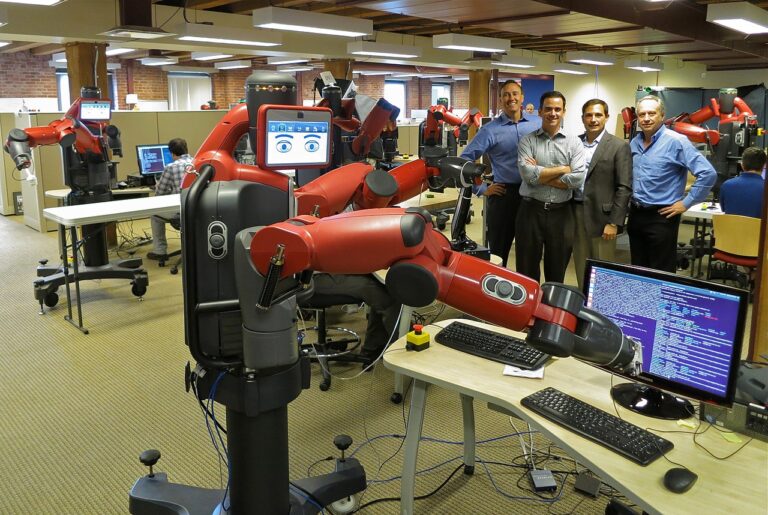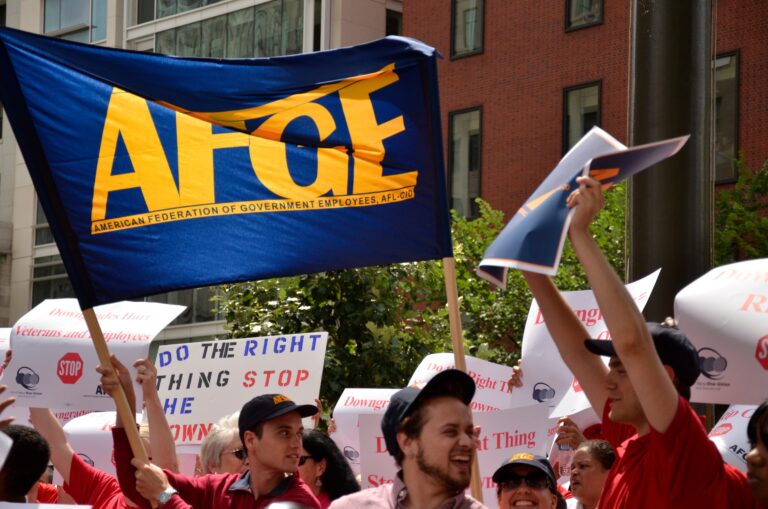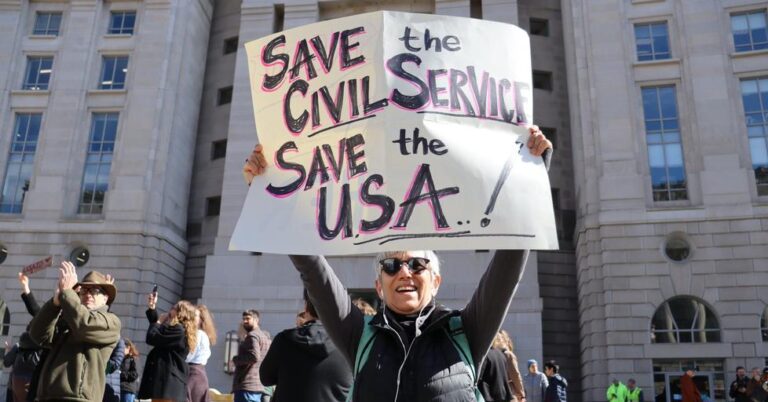
Kevin Vazquez is a staff attorney at the International Brotherhood of Teamsters. He graduated from Harvard Law School in 2023. The opinions he expresses on this blog are his own and should not be attributed to the IBT.
On Saturday, Politico reported that labor groups are cautioning that the American Jobs Plan, President Biden’s $2 trillion infrastructure proposal, which, as Maxwell noted on this blog on Thursday, includes an effort to decarbonize the economy, meaning a transition away from coal jobs and a focus instead on constructing massive solar and wind facilities, could “backfire because of the quality of employment it will create and the economic devastation it could cause on rural communities.” According to Politico, some unions, such as the United Mine Workers of America (UMWA), are concerned that these construction jobs are temporary and require mobility, unlike the steady, fixed-location coal jobs they are replacing, and will largely vanish once the new power grid is completed. Other unions, however, such as the International Brotherhood of Electrical Workers, who are positioned to help build the new no-carbon grid, are supportive of the plan, and some labor economists suggest that, because the investments in the proposal are to be spread over eight years, fears of an abrupt interruption are unwarranted.
In contrast, a contending piece in the Wall Street Journal on Saturday asserted that, overall, Biden’s infrastructure package is “designed to boost unions,” and that it “aims to lift wages” and “includes many labor priorities” that would bolster union membership and expand labor protections – much to the chagrin of business groups and Republican politicians, who remain, of course, the largest opponents of the American Jobs Plan. The package links federal investments to prevailing wages, which would provide workers on federal projects with pay corresponding to local conditions, and it reserves large sums to be spent over the next decade in a variety of sectors, like transportation infrastructure, manufacturing, and housing and broadband construction, that already have high rates of union density. Moreover, it would require employers who stand to benefit from these investments to “follow strong labor standards” and not intervene when their workers “seek to organize a union and bargain collectively.”
In any event, these concerns demonstrate one of the key tensions – and opportunities – of the Biden administration, which arises from his dual objectives to revive the labor movement and create millions of high-quality, unionized jobs while simultaneously transforming the U.S.’s carbon-based economy into one that is instead based on clean energy and electric vehicles. This tension is by no means irreconcilable, but, if to be done correctly, it will require deliberate and organized efforts on the part of the administration. To that end, Biden’s proposal will create a series of incentives, including tax breaks, such as an expanded manufacturing credit, to bring foreign manufacturing jobs back to the United States from Europe, China, and Southeast Asia. Whether these indirect and piecemeal efforts are to be successful – or more radical, far-reaching, and direct action is required – is a question that will ultimately find resolution only through the passage of time.
In other news, on Friday, after issuing a strike notice two days before, more than 1,100 UMWA workers went on strike at Warrior Met Coal in Alabama following weeks of stalled negotiations. UNWA announced that it also filed unfair labor practice charged with the NLRB in response to Warrior Met’s conduct during the negotiations. Warrior Met’s current agreement with the union was negotiated as the company emerged from bankruptcy proceedings in 2016, and, in a statement on its website, the UMWA said its workers “made the sacrifices that brought this company out of bankruptcy” while “upper management was getting bonuses,” and, “instead of rewarding the sacrifices and work of the miners, Warrior Met is seeking even further sacrifices from them.” The strike notice also announced that striking UMWA members will receive bi-weekly strike assistance payments from the union’s Selective Strike fund and that the union will also procure healthcare coverage for the members and their families for the duration of the strike. Warrior Met, for its part, has said that it is continuing to work towards an agreement.
Finally, as vote counting began in Bessemer last week – the results of which, according to Labor Secretary Marty Walsh on Friday, will be available “in the next few days” – Amazon issued an apology for a tweet mocking Democratic Rep. Mark Pocan’s claim that Amazon delivery drivers are sometimes forced to urinate in bottles while on the job. “You don’t really believe the peeing in bottles thing, do you?” remarked the Amazon News Twitter account. This ill-advised and factually inaccurate comment was the result of Amazon’s increasingly aggressive defense of itself on Twitter and across other mediums. A number of Amazon accounts and executives – reportedly incited by Jeff Bezos himself, who told them to “fight back” – have reacted assertively (and somewhat uncharacteristically) to criticisms of Amazon, a clear demonstration that Amazon is losing the PR battle and that the union campaign has already had serious consequences for public perception of the company.
In any case, the tweet in question, published on March 24, was debunked by an Intercept story later that week, which provided shocking direct evidence, including internal Amazon documents, establishing irrefutably that many Amazon drivers are, in fact, forced to pee in bottles while making deliveries. Amazon said its tweet was an “own-goal” and pledged to do more to “solve” the issue. While we at OnLabor are certain that Amazon is doing all that it can to promptly and satisfactorily resolve the problem for its workers, we nonetheless take this opportunity to humbly intone that perhaps union representation – and collective bargaining – would be a more effective solution than anything conceived in a corporate boardroom.
On that note, a Guardian piece published on Saturday contends that “the fuse has been lit”: The Alabama union drive, which has drawn national support from labor unions, community leaders and organizers, workers throughout the country, politicians, and even celebrities, will be, regardless of the ultimate result, a pivotal moment in modern U.S. labor history that will extend far beyond Alabama or even Amazon warehouses alone. “The union drive in Bessemer, Alabama, is going to have a ripple effect,” said Liz Shuler, secretary-treasurer of the AFL-CIO, quoted in the article. “It’s about so much more than Amazon. It’s about fundamental power and inequality. . . . And Bessemer is inspiring people all over the country to take collective action with their co-workers. This isn’t the end, it’s a powerful beginning.” As we approach the final tally, it is evident that the historic Amazon campaign has already proven to be a powerful moral, strategic, and organizational victory – but, while such victories are valuable and to be appreciated, we would much prefer that it were a legal victory, too.






Daily News & Commentary
Start your day with our roundup of the latest labor developments. See all
December 5
Netflix set to acquire Warner Bros., Gen Z men are the most pro-union generation in history, and lawmakers introduce the “No Robot Bosses Act.”
December 4
Unionized journalists win arbitration concerning AI, Starbucks challenges two NLRB rulings in the Fifth Circuit, and Philadelphia transit workers resume contract negotiations.
December 3
The Trump administration seeks to appeal a federal judge’s order that protects the CBAs of employees within the federal workforce; the U.S. Department of Labor launches an initiative to investigate violations of the H-1B visa program; and a union files a petition to form a bargaining unit for employees at the Met.
December 2
Fourth Circuit rejects broad reading of NLRA’s managerial exception; OPM cancels reduced tuition program for federal employees; Starbucks will pay $39 million for violating New York City’s Fair Workweek law; Mamdani and Sanders join striking baristas outside a Brooklyn Starbucks.
December 1
California farmworkers defend state labor law, cities consider requiring companies to hire delivery drivers, Supreme Court takes FAA last-mile drivers case.
November 30
In today’s news and commentary, the MSPB issues its first precedential ruling since regaining a quorum; Amazon workers lead strikes and demonstrations in multiple countries; and Starbucks workers expand their indefinite strike to additional locations. Last week, the Merit Systems Protection Board (MSPB) released its first precedential decision in eight months. The MSPB had been […]